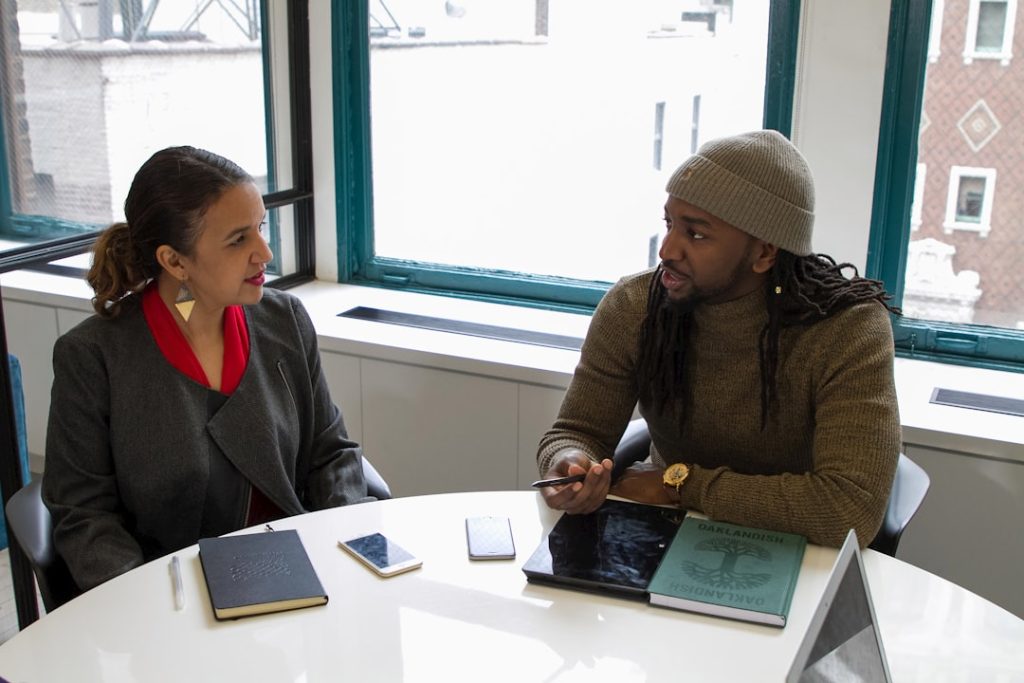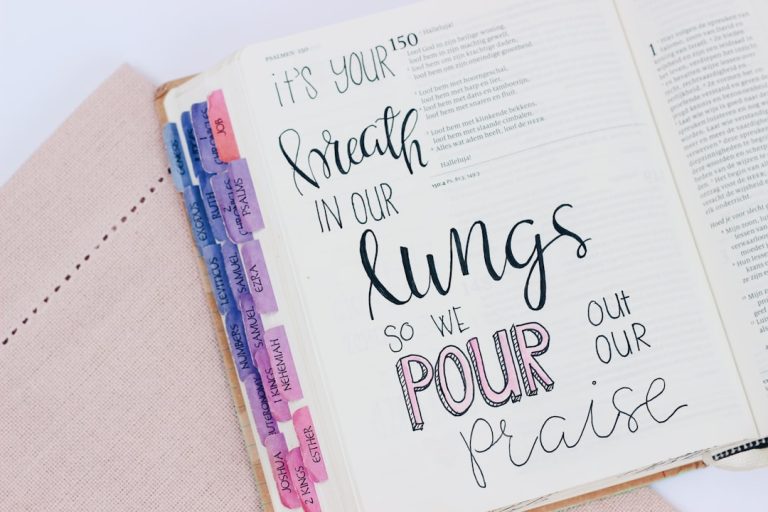
Before stepping into an interview, it is crucial to conduct thorough research on the company. This preparation not only demonstrates your genuine interest in the organization but also equips you with valuable insights that can help you tailor your responses during the interview. Start by exploring the company’s official website, paying close attention to its mission statement, values, and recent news updates.
Understanding the company’s culture and objectives will allow you to align your answers with their expectations, showcasing how you can contribute to their goals. In addition to the company website, utilize platforms like LinkedIn, Glassdoor, and industry-specific forums to gather information about employee experiences and company reputation. Look for recent projects, partnerships, or innovations that the company has undertaken.
This knowledge can serve as a springboard for discussing how your skills and experiences align with their current initiatives. Furthermore, familiarize yourself with the industry landscape, including competitors and market trends, as this context can enhance your ability to engage in meaningful conversations during the interview.
Key Takeaways
- Research the company thoroughly before the interview to demonstrate your interest and knowledge about the organization.
- Prepare for common interview questions by practicing your answers and highlighting your relevant skills and experiences.
- Avoid discussing controversial topics such as politics, religion, or personal issues during the interview.
- Showcase your work experience and skills by providing specific examples and achievements that demonstrate your capabilities.
- Clearly articulate your career goals and aspirations, and how they align with the company’s mission and values.
- Highlight your language skills and cultural awareness, especially if they are relevant to the position you are applying for.
- Demonstrate your problem-solving and critical thinking abilities by discussing past challenges and how you overcame them.
- Send a thank you note after the interview to express your gratitude and reiterate your interest in the position, and follow up on the next steps in the hiring process.
Common Interview Questions and How to Answer Them
Interviews often follow a predictable pattern, with certain questions appearing frequently across various industries. One of the most common inquiries is, “Tell me about yourself.” This question provides an opportunity to present a concise narrative of your professional journey, highlighting key experiences and skills relevant to the position. Structure your response using the “Present-Past-Future” formula: begin with your current role, delve into past experiences that shaped your career, and conclude with your aspirations that align with the prospective job.
Another prevalent question is, “What are your strengths and weaknesses?” When discussing strengths, focus on attributes that are directly applicable to the job at hand. Use specific examples to illustrate how these strengths have positively impacted your previous roles. Conversely, when addressing weaknesses, choose an area for improvement that you are actively working on.
Frame it in a way that shows self-awareness and a commitment to personal growth. For instance, if you struggle with public speaking, you might mention how you’ve enrolled in a course to enhance this skill.
Conversation Topics to Avoid in an Interview

While interviews are an opportunity to showcase your qualifications and personality, certain topics should be approached with caution or avoided altogether. Discussions about salary and benefits are often best reserved for later stages of the hiring process. Bringing up compensation too early can create an impression of being more interested in financial gain than in contributing to the company’s success.
Instead, focus on demonstrating your value and fit for the role before negotiating terms. Another sensitive area is personal life details that do not pertain to the job. Questions about marital status, age, or religious beliefs can lead to uncomfortable situations and may even violate anti-discrimination laws.
It’s essential to maintain professionalism and keep the conversation centered on your qualifications and how they relate to the position. If such topics arise, redirect the discussion back to your skills and experiences that make you a strong candidate for the role.
Discussing Your Work Experience and Skills
| Skills | Years of Experience |
|---|---|
| Communication | 5 |
| Leadership | 3 |
| Problem-solving | 4 |
| Teamwork | 6 |
When discussing your work experience during an interview, it is vital to present it in a structured manner that highlights your accomplishments and skills effectively. Use the STAR method (Situation, Task, Action, Result) to frame your responses. For instance, if asked about a challenging project you managed, start by describing the situation and task at hand.
Then, detail the actions you took to address the challenge and conclude with the positive results achieved. This approach not only provides clarity but also emphasizes your problem-solving abilities. Additionally, tailor your discussion of skills to match the job description closely.
Review the qualifications listed in the job posting and prepare examples that demonstrate how you possess those skills. If teamwork is emphasized in the job description, share instances where you collaborated successfully with colleagues or cross-functional teams. By aligning your experiences with the employer’s needs, you create a compelling narrative that showcases your suitability for the role.
Talking about Your Career Goals and Aspirations
Articulating your career goals during an interview can be a double-edged sword; it can either reinforce your fit for the position or raise concerns about your long-term commitment. When discussing your aspirations, ensure they align with the company’s trajectory and values.
Moreover, it is beneficial to convey a sense of adaptability in your career goals. Employers appreciate candidates who are open to evolving their paths based on organizational needs and opportunities for growth. You might mention how you envision developing new skills or taking on leadership roles as part of your professional journey within their organization.
This approach not only demonstrates ambition but also signals that you are invested in contributing to the company’s success over time.
Highlighting Your Language Skills and Cultural Awareness

In today’s globalized workforce, language skills and cultural awareness are increasingly valuable assets. If you possess proficiency in multiple languages or have experience working in diverse environments, be sure to highlight these attributes during your interview. Discuss specific instances where your language skills facilitated communication or collaboration with international teams or clients.
For example, if you successfully negotiated a deal with a foreign partner using their native language, this illustrates not only your linguistic abilities but also your cultural sensitivity. Cultural awareness extends beyond language; it encompasses understanding different perspectives and adapting to various work styles. Share experiences where you navigated cultural differences effectively or contributed to inclusive team dynamics.
Employers often seek candidates who can thrive in diverse settings and foster positive relationships among colleagues from various backgrounds. By showcasing your language skills alongside cultural competence, you position yourself as a well-rounded candidate capable of enhancing team collaboration.
Demonstrating Your Problem-Solving and Critical Thinking Abilities
Problem-solving and critical thinking are essential competencies that employers highly value across all industries. During interviews, be prepared to provide examples that illustrate these skills in action. When faced with a complex issue at work, describe how you approached it methodically—analyzing data, considering various solutions, and ultimately implementing a strategy that led to a successful outcome.
Employers may also present hypothetical scenarios during interviews to assess your problem-solving skills in real-time. Practice responding to situational questions by outlining your thought process clearly.
For instance, if asked how you would handle a sudden drop in team morale due to project setbacks, articulate steps such as gathering feedback from team members, identifying root causes of dissatisfaction, and proposing actionable solutions to boost motivation. Demonstrating a structured approach to problem-solving reinforces your capability as a candidate who can navigate challenges effectively.
Following Up After the Interview: Thank You Notes and Next Steps
The interview process does not conclude once you leave the room; following up is an essential step that can leave a lasting impression on potential employers. Sending a thank-you note within 24 hours of the interview is a courteous gesture that expresses gratitude for the opportunity and reiterates your interest in the position. In this note, reference specific points discussed during the interview that resonated with you or reinforced your enthusiasm for joining their team.
In addition to expressing thanks, use this opportunity to address any questions or concerns that may have arisen during the interview. If there was a particular skill or experience you didn’t elaborate on sufficiently, briefly mention it in your follow-up note as a way of reinforcing your qualifications. Furthermore, inquire about next steps in the hiring process; this shows initiative and eagerness while keeping communication lines open.
A well-crafted follow-up can distinguish you from other candidates and solidify your candidacy in the eyes of hiring managers.
If you are looking for more conversation topics to practice your English skills, you may want to check out American English Conversation Lesson 70. This article provides additional resources and tips for improving your language proficiency through engaging discussions. It can be a great supplement to the conversation topics for job seekers, helping you build confidence and fluency in various situations.
FAQs
What are some common conversation topics for English learners when looking for a job?
Some common conversation topics for English learners when looking for a job include discussing their work experience, skills and qualifications, career goals, and reasons for wanting to work for a particular company.
How can English learners prepare for job-related conversations in English?
English learners can prepare for job-related conversations in English by practicing common interview questions, researching the company they are applying to, and improving their English language skills through reading, writing, and speaking practice.
What are some key phrases and vocabulary words that English learners should know for job-related conversations?
Some key phrases and vocabulary words that English learners should know for job-related conversations include terms related to job responsibilities, teamwork, problem-solving, and customer service, as well as phrases for discussing strengths, weaknesses, and career objectives.
How can English learners improve their English language skills for job-related conversations?
English learners can improve their English language skills for job-related conversations by taking English language classes, practicing speaking with native English speakers, and using language learning apps and resources to expand their vocabulary and grammar knowledge.






